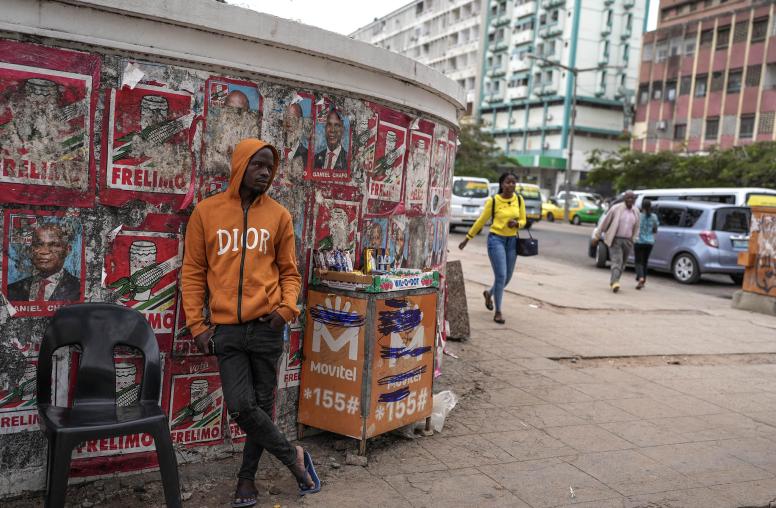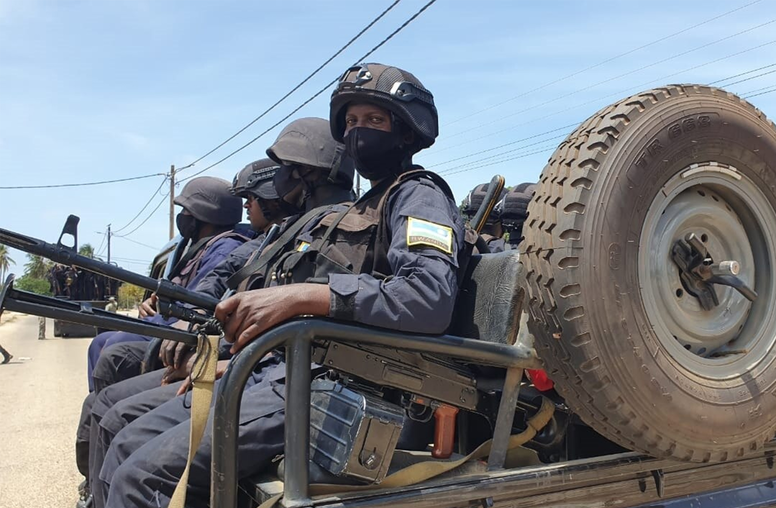Mozambique
UN Peacekeeping in Action, 1992-94
THE USIP BOOKSTORE IS TEMPORARILY UNAVAILABLE
By the time it ended in 1992, Mozambique's 15-year civil war had exacted a terrible price. Economically paralyzed, the vast, drought-stricken country was rich only in enmity, landmines, and AK-47s. Into this misery was thrust a multifaceted UN mission, ONUMOZ, to manage the transition from military combat to electoral contest. Remarkably, when ONUMOZ departed two years later, that job was largely done.
This comprehensive account describes how ONUMOZ went about its tasks--assembling and demobilizing troops, providing humanitarian aid, demining, preparing for elections--and assesses how well each was accomplished and why. Richard Synge takes us behind the scenes of the operation, unearthing new information from confidential UN files and from face-to-face interviews with leading players. Even-handed and rigorous, Synge highlights not only the strengths but also the weaknesses of ONUMOZ, and he puts ONUMOZ firmly in its international and regional context.
Among the many lessons ONUMOZ offers future peacekeeping efforts is that success demands the support of an engaged international community and a people eager to make peace work.



